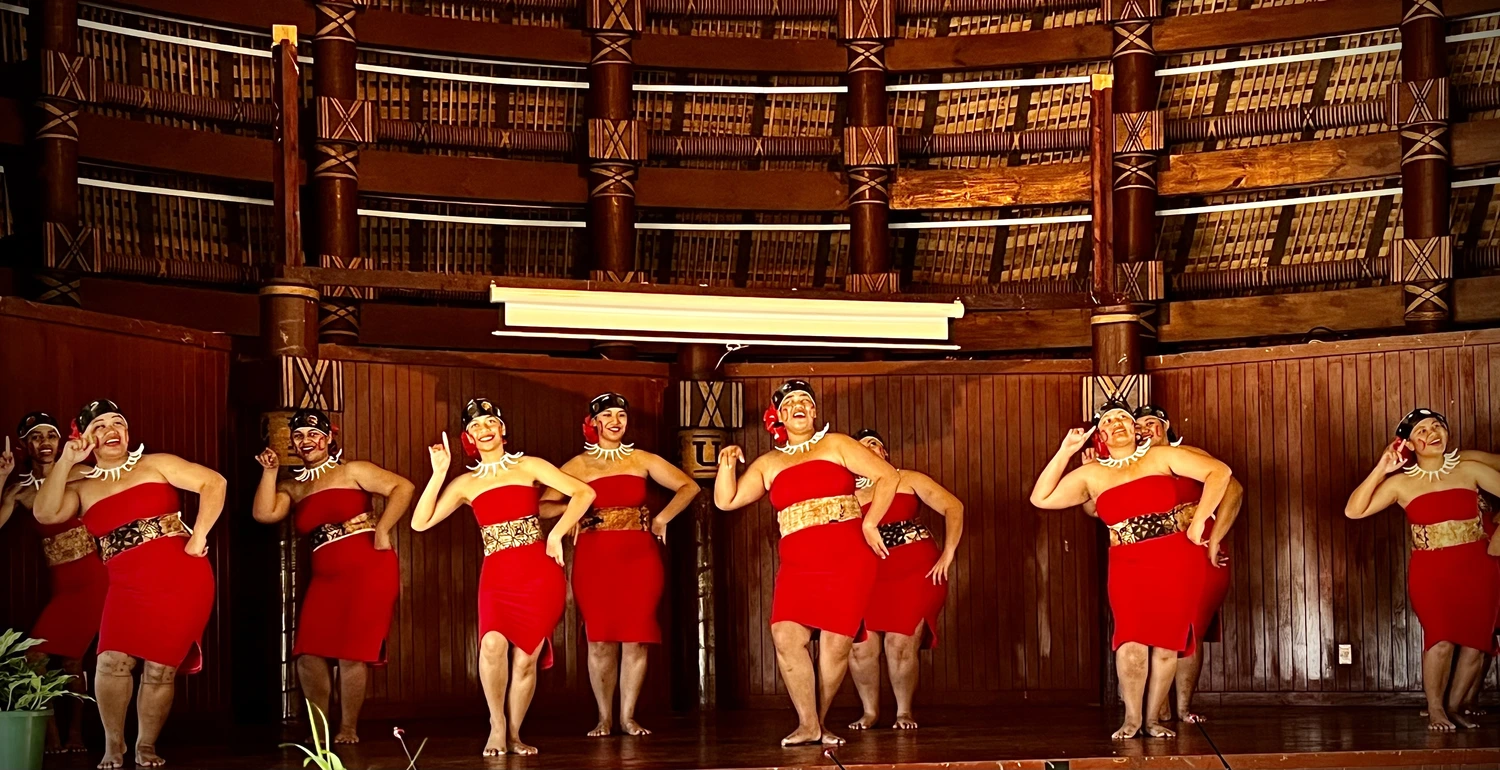"Our time to be seen": Pacific academics
Pacific leaders from the Association of Commonwealth Universities have stated that this was the time to be seen as academics and scientific minds.
They met in Samoa this week to discuss their role in transforming wealth into a resilient future.
The Pacific and Commonwealth Universities Expo was held at the National University of Samoa (NUS) as part of the Commonwealth Heads of Government Meeting (CHOGM). University of Auckland’s Pro Vice-Chancellor Pacific Professor Jemaima Tiatia-Siau was on the panel discussing ‘The Role of Higher Education in Transforming our Wealth for a Common Resilient Future’.
She shared with her co-panellists from NUS and the Australian National University (ANU) that now was an opportunity for Pacific universities and their academics “to be seen”.
She said in “transforming our wealth” it was important to recognise and understand what that ‘wealth’ meant.
“Our greatest wealth is our people, our students and staff, that’s certainly why I do what I do.”
She said it was important to prepare the next generation in the areas of a climate-challenged future, inequities, cybersecurity threats, mis- and disinformation as well as generative AI advancements.
“We must offer our students courses where we are fostering leadership and critical thinking. Higher Education is deeply dedicated to research; that’s especially important to me, as our universities continue to grow and foster Pacific-led research.”
The panel’s keynote speaker, the Association of Commonwealth Universities Secretary General, Professor Colin Riordan from ANU, says the Pacific region has much to contribute to the climate challenge, given its situation.
“The challenges of different cultures, we have much to learn from this region… drivers and agents of resilience, we want to facilitate and learn.”
Professor Riordan also stressed that the voices of Pacific universities needed to be heard on the global stage, given the effects of climate change.
The importance of a collective approach to face issues challenging the region was highlighted by Professor Tiatia-Siau.
“It’s vital that we work together to secure a resilient future.”
She noted that Prime Minister Fiame Naomi Mata’afa had spoken of how climate change and well-being are inextricably intertwined. Tiatia-Siau’s own Health Research Council-funded research that she led, based in the Cook Islands, Niue, and Aotearoa, explored the link between climate change and mental well-being, and the impact on Pacific communities.
Tiatia-Siau advocated for specialised mental health training to support those adversely affected by climate change – ‘our families and our communities’.
“We want to claim our narratives, build our research capabilities, and elevate our Pacific voices. Pacific universities will provide the opportunity to do so, but we must work together, [through] meaningful relationships. Collaboration is critical; we must nurture our Pacific students and highlight the success of our staff.”
Earlier this year, Waipapa Taumata Rau, University of Auckland signed a five-year University-wide Memorandum of Understanding with NUS. Tiatia-Siau says the partnership is crucial to building resilience and capability, as Pacific academics faced head-on the challenges of the region.











